
How To Stretch Your Hamstrings Safely
Sorry, but when I hear the word hamstrings, I—you know, just for a split second—think guitars or violins.

The name hamstrings actually comes from the Old English word Hamm, which means “hollow or the bend of the knee.”
The string bit refers to a ligament or tendon.
When people say hamstrings, however, they are normally referring to the three muscles that run from your butt (technically, the ischial tuberosity or your sit bones) to the back of your knee, namely: biceps femoris, semitendinosus, and semimembranosus.
Tendons attach these muscles to the back of your pelvis and the bones of your lower leg, your tibia and fibula.
People often think about their quads and calves, but forget what’s happening in the back of the upper leg, so it’s great that you’re now putting your hamstrings first. They deserve it.
We’re going to recommend some fantastic classes that prioritize your hamstrings, but we’ll start with a little more context about why stretching hamstrings is important and how to stretch them safely, whether they are tight, damaged, or just in need of some love.
Why Stretch Your Hamstrings?
Your hamstrings flex the knee. They also provide internal rotation of the lower leg when your knee is flexed and they extend the hip.
Tight hamstrings might feel uncomfortable or painful, but they may also limit your range of movement.
Overly tight hamstrings also:
- increase the risk of injuring them
- may cause lower back pain by pulling on the pelvis and increasing pressure on the lower back
- can lead to knee pain by affecting the movement of the joint.
Because the muscles and other parts of the body are so interconnected, tight hamstrings can contribute to neck pain, unaligned posture, running gait issues, and a variety of other problems. So stretching out those hamstrings (ahhhhhhhh) can have a positive ripple effect across your whole body.
Gentle Yoga Stretches for Your Hamstrings
Stretching out your hamstrings might cause a little discomfort if they are super tight, but it shouldn’t be painful. If you’ve got actual pain while stretching, stop.
Start with small stretches. It’s the feeling and the stretch that counts, not whether or not you attain a certain position.
This is where understanding the difference between a dynamic stretch and a static stretch comes in handy—you do both kinds in a typical asana yoga practice.
- Dynamic stretches: these are smooth, controlled movements. People normally do this kind of stretching to warm up. They prepare the muscles, ligaments, and other soft tissues for more demanding postures. An example of a dynamic stretch is a yoga flow from one pose to another and back, like low lunge to half monkey pose, which is especially good for hamstrings.
Static stretch: during a static stretch, you extend your chosen muscle or muscles and then hold the position for a while, usually around 30 seconds, but less or more are okay according to what you need. Static stretches are better for cool-downs after physical activity than for warm-ups before physical exertion. They allow your muscles to loosen, increase flexibility, and can improve range of motion.
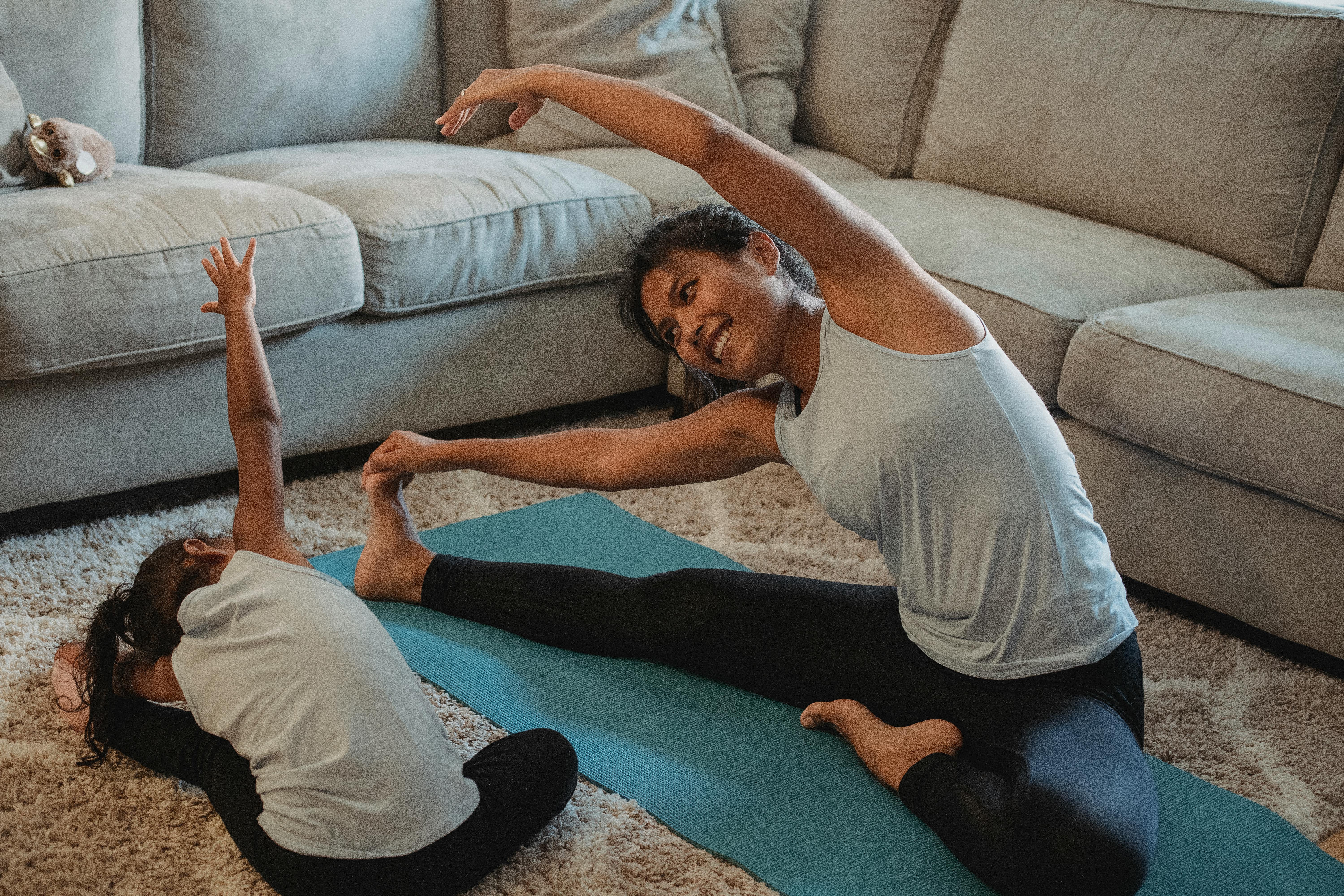
5 Safe and Easy Hamstring Stretch Classes
Here are 5 stretches for your hamstrings. They are safe so long as you take them slowly and stretch to the point of yummy tension, not pain. If you feel pain, you’ve gone too far.
The countdown starts with the most gentle and moves on to increasingly challenging hamstring stretches for those who need them.
-
Bent-Knee Hamstring Stretch
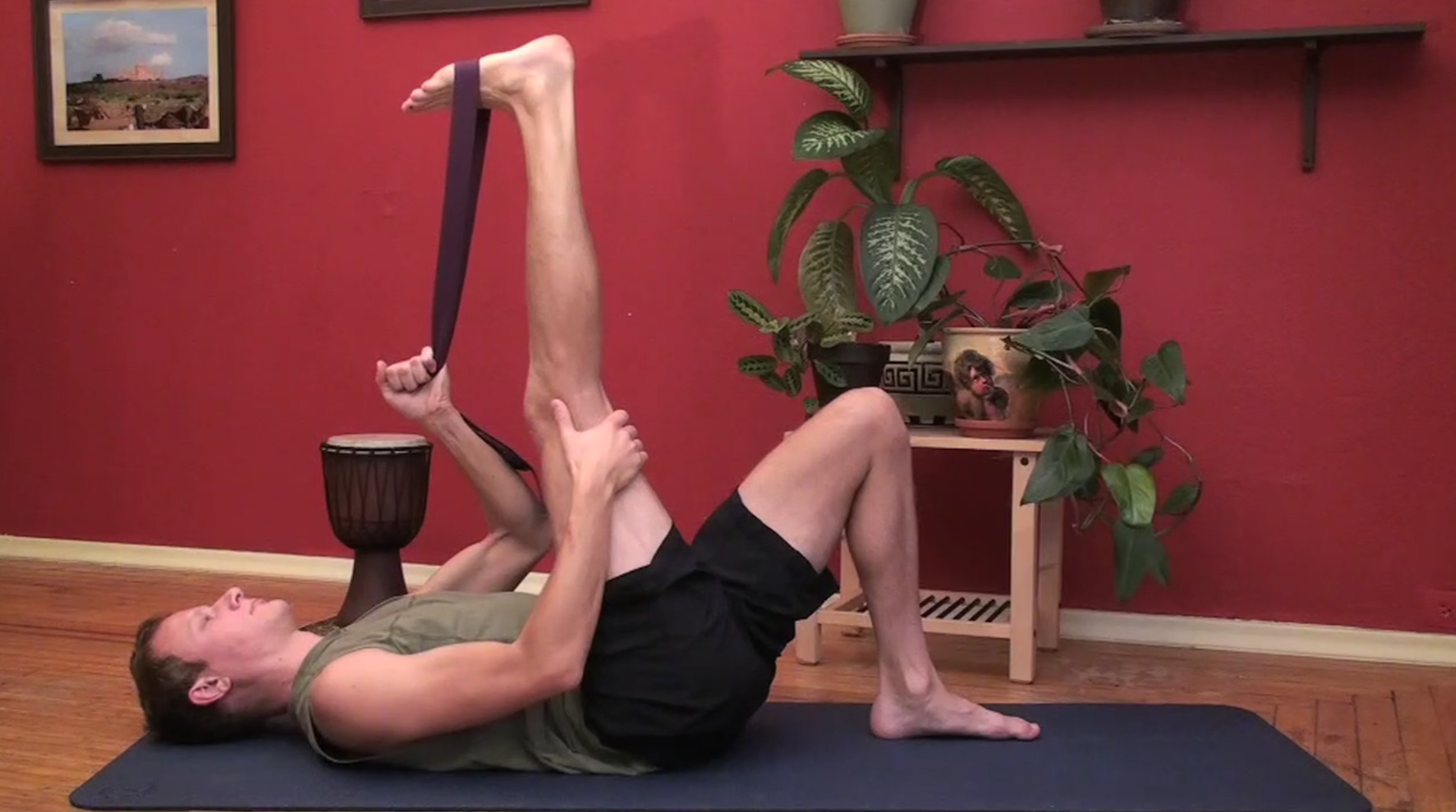
Here, David takes you through easy seated forward folds to target tight hamstring muscles.
2. Straight Leg Hamstring Stretch
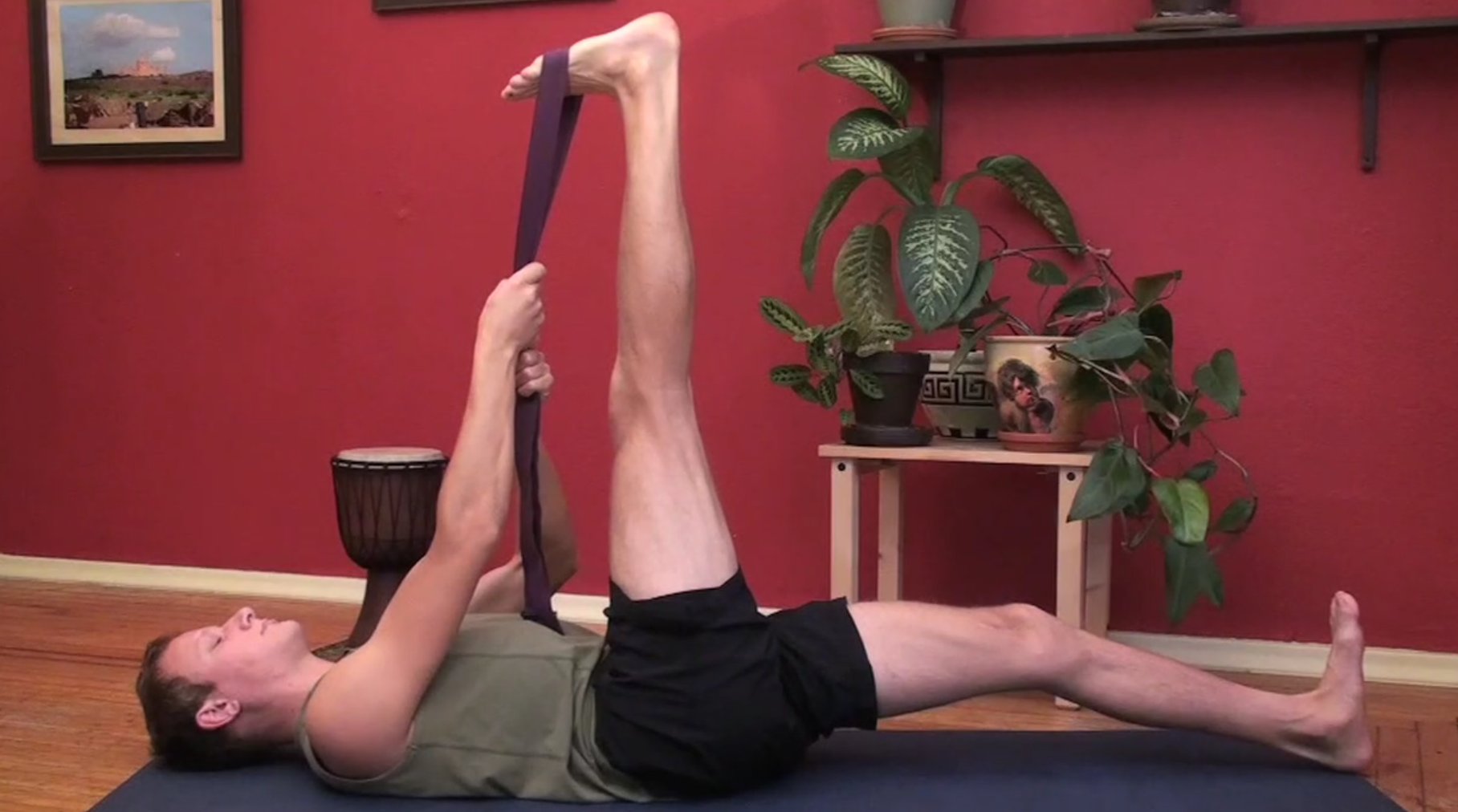
In this video, David demonstrates a passive hamstring stretch. Because it’s passive, it frees you up to focus on relaxing the stretched muscles.
3. Head Beyond Knee Pose
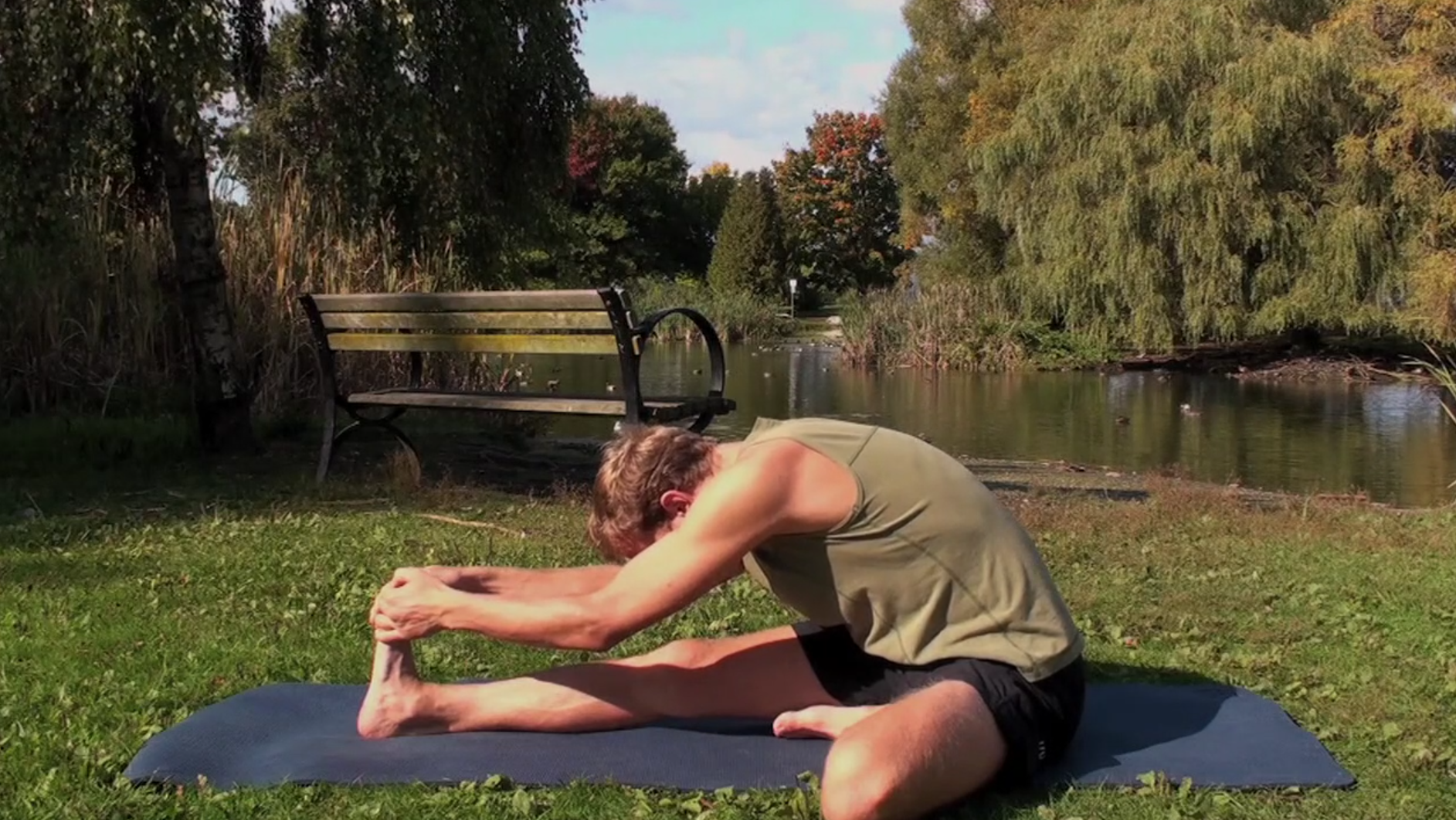
In this short video, David demonstrates another powerful hamstring stretch. This one comes with an exclamation mark in the description, so take it slowly.
4. One Leg Folded Forward Bend
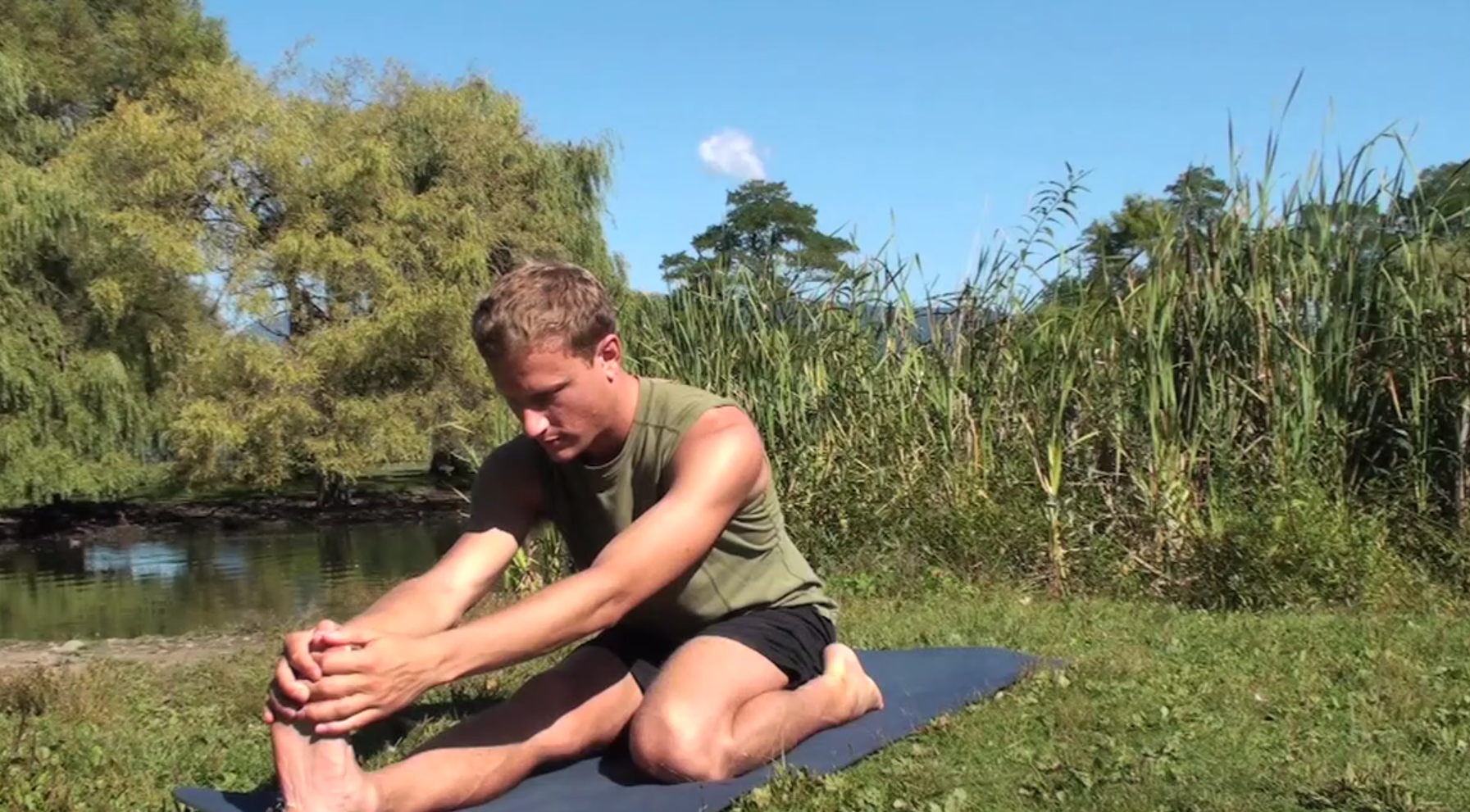
This is a video for people who don’t want their hamstrings hogging all the action. Talk about multitasking! This pose stretches the hamstring muscles of your straight leg while working on the ankle and hip flexor of your bent leg. It’s also good for the digestive organs.
5. Revolved Head to Knee Pose – Adapted
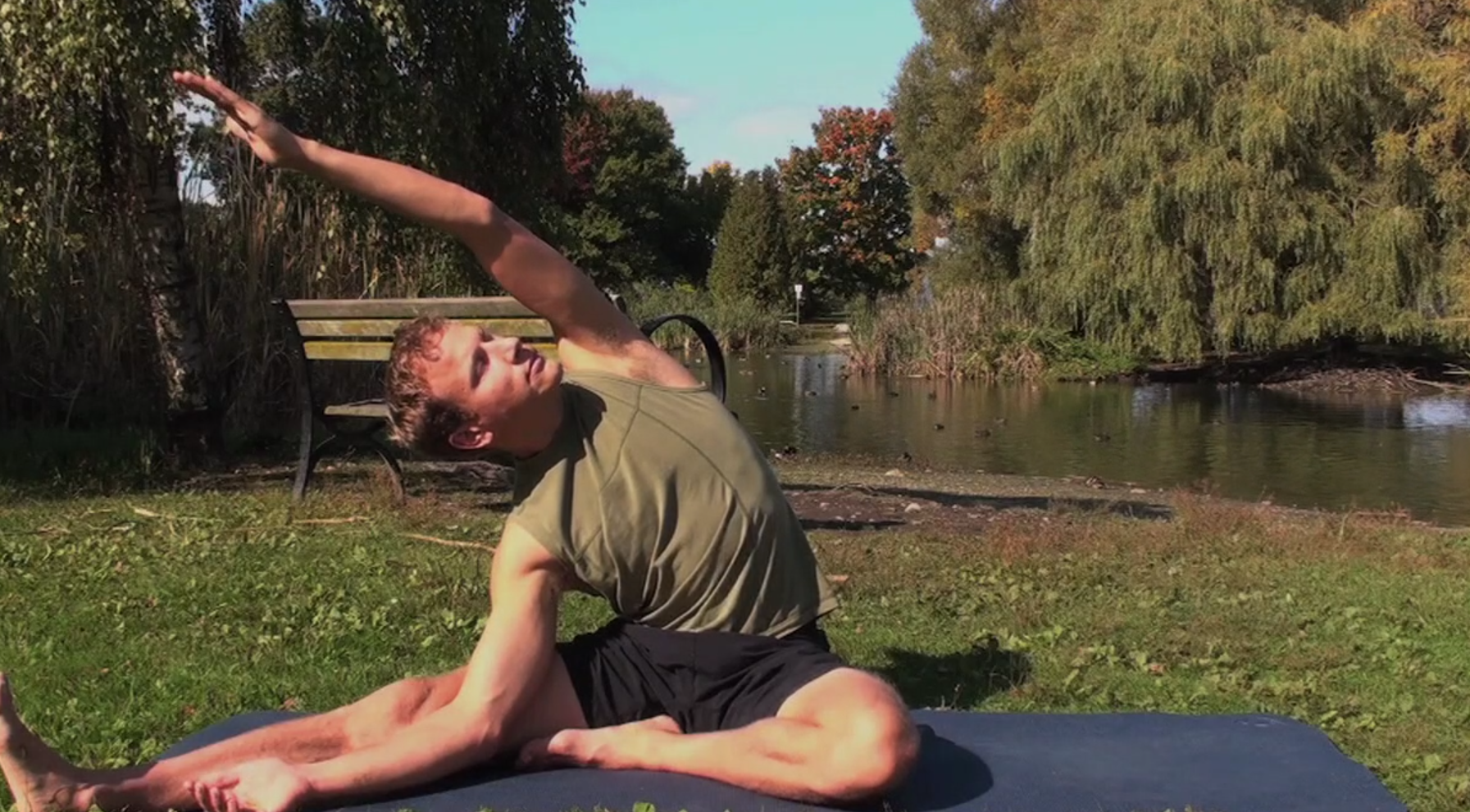
Note that David is demonstrating a modified version of the traditional revolved head to knee pose here. He uses side bends to target the erector spinae, latissimus dorsi, and quadratus lumborum, and, of course, to give a deep stretch to the hamstrings.
2 Classes That Target Your Hamstrings
Here are two classes made to focus on your hammies.
-
Yoga for Hamstring Rehabilitation
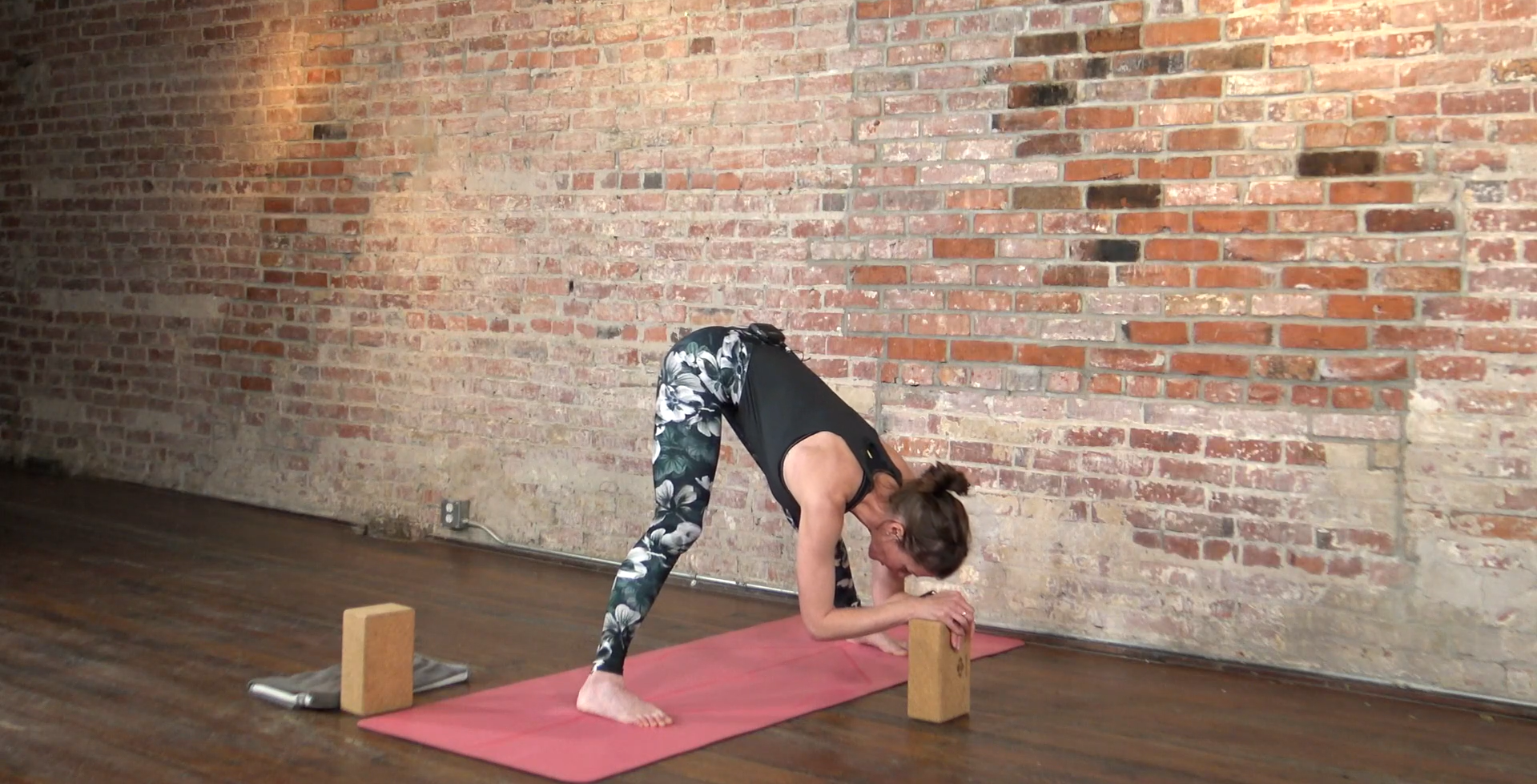
Rachel will talk you through a class designed to work with a strained hamstring (a hamstring with damaged muscle fibers) or hamstring tendinopathy (this may be a hamstring injury that’s not healing properly due to overuse). The class will strengthen your lower body in general.
2. Happy Hamstrings
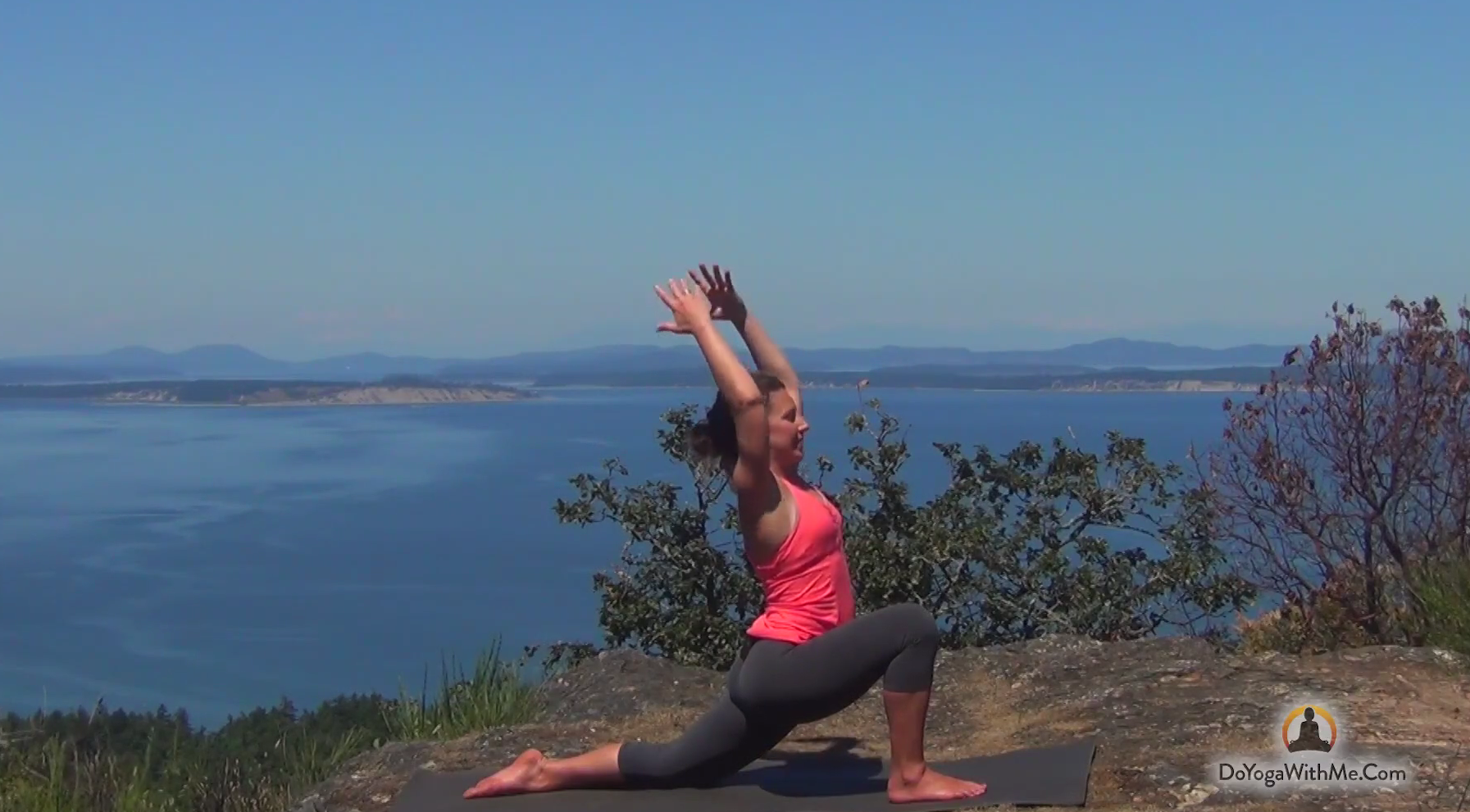
Try this class to have Fiji take you through a vigorous, energetic practice focusing on flexibility, your lower back, your feet, and your hamstrings, whether they feel tight or not.
Happier Hamstrings
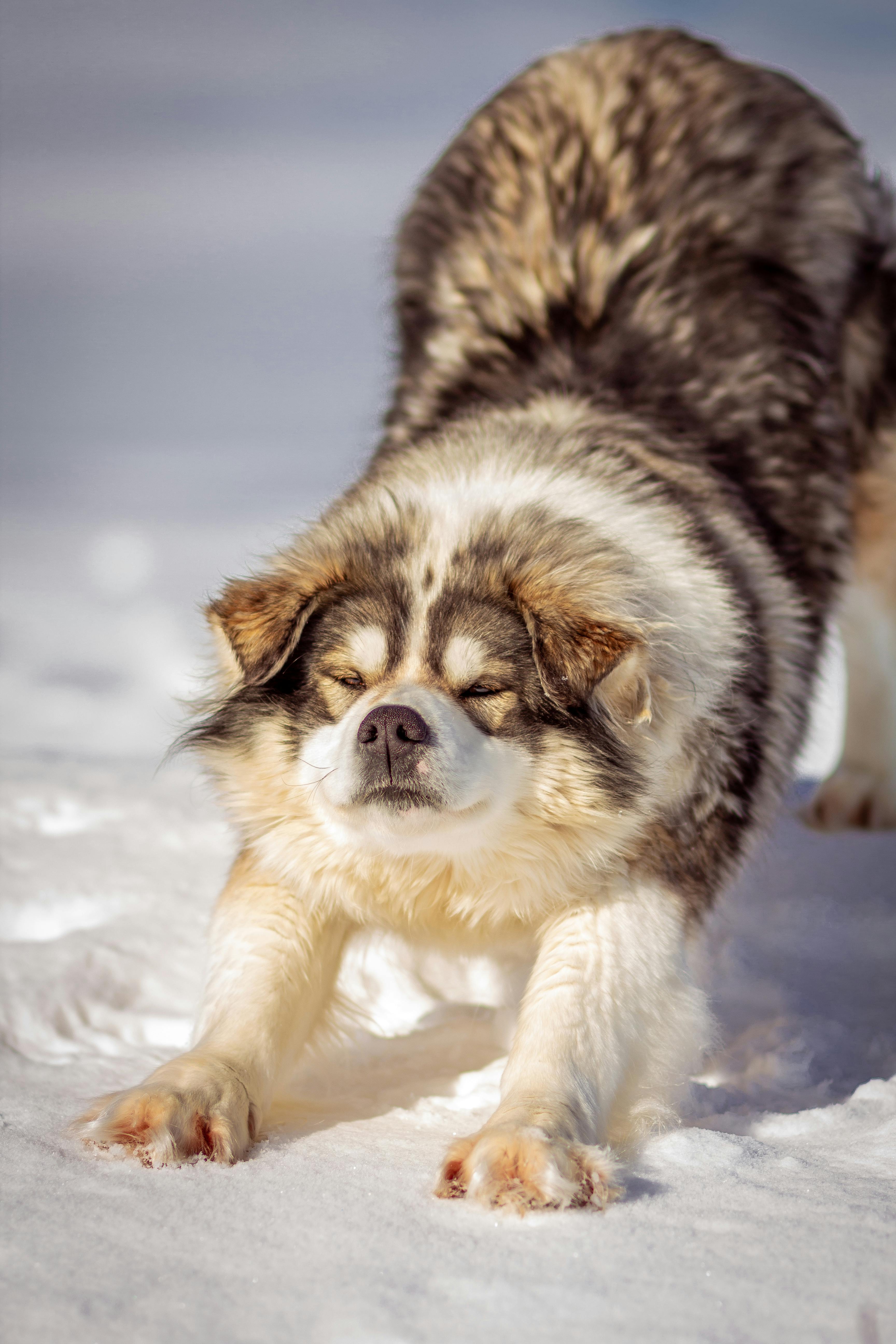
Whether your hamstrings are feeling super tight or you’re just warming up to mark your territory, this stretch is suitable for dogs and cats
Look after your hamstrings—the unsung heroes of your upper legs—and they will look after you.
You can do these stretches and classes time and again to ensure your hamstrings don’t get too tight, or to gently get your mobility and strength back after an injury. By doing so you’ll be taking care of your whole body!
Source link


